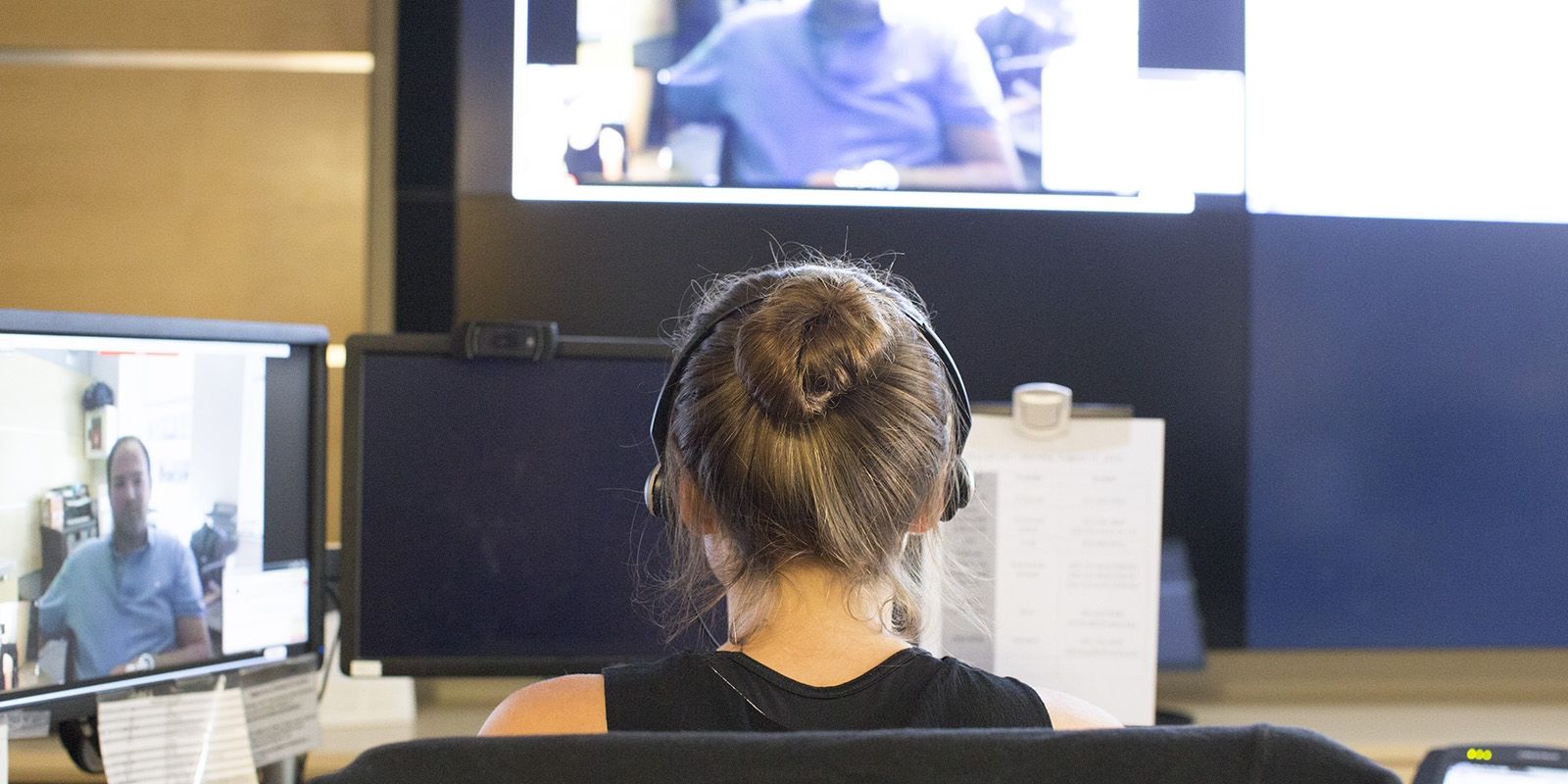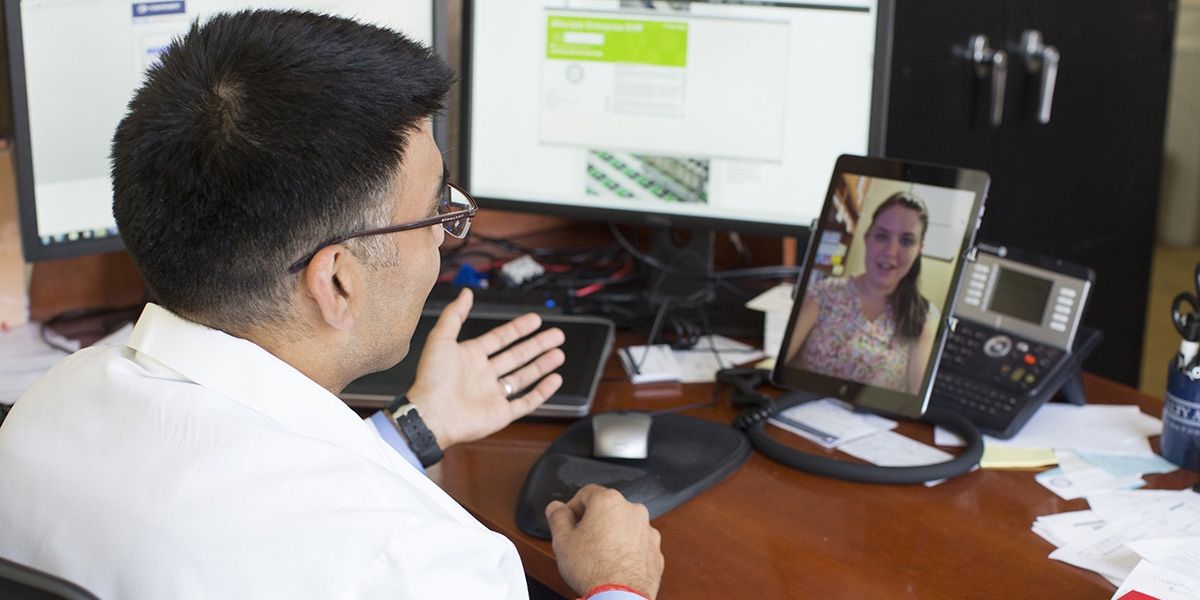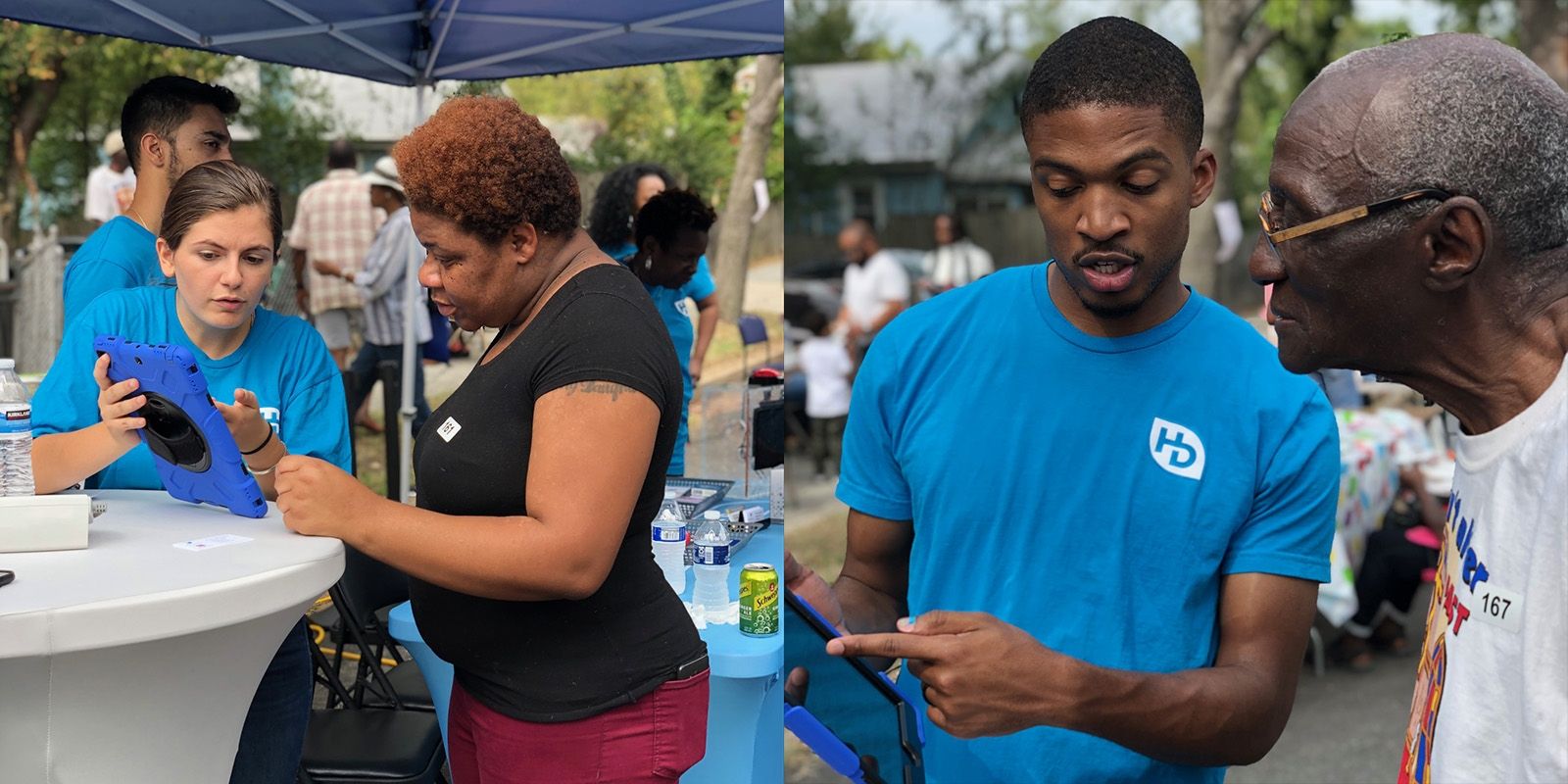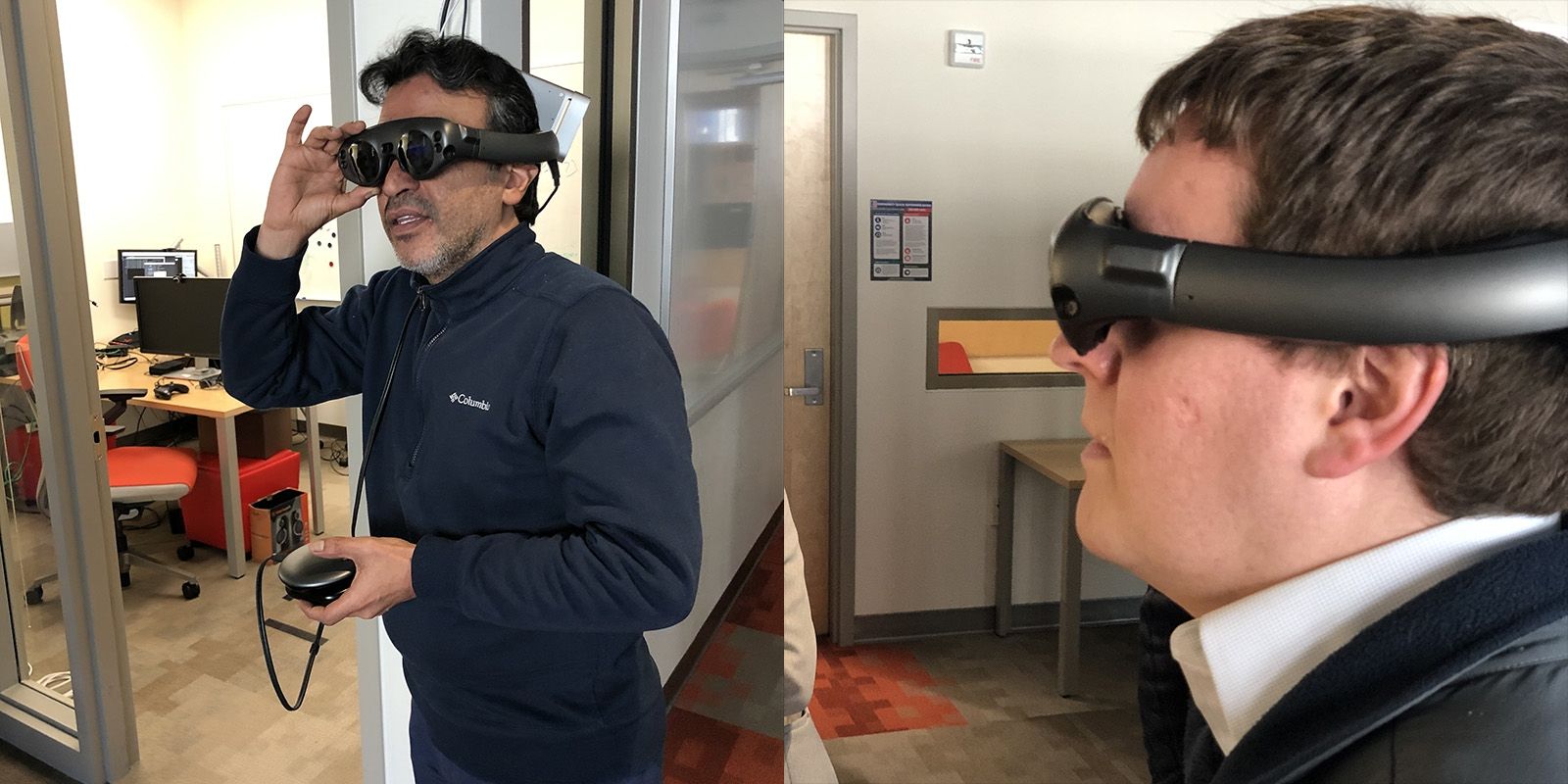Overview of Fellowship
The emergency medicine telemedicine fellowship is a program organized through the Department of Emergency Medicine at the George Washington University Medical Faculty Associates (MFA). The purpose of the fellowship program is to develop future leaders in telemedicine and digital health. The program accepts physicians, nurse practitioners, and physician assistants.
The program promotes the development and delivery of telemedicine programs for both domestic and international organizations, by way of experiences in existing telemedicine programs at the MFA, development of new telemedicine opportunities, telemedicine research, education and mentoring. We hope to educate and train the future leaders who can bring together innovative technologies, effective business models, and novel applications to enhance delivery of medical care via technology. The program provides opportunity for collaboration among emergency medicine faculty and faculty at other medical and surgical disciplines as well as engineering and business. We aspire to enable physicians to develop clinical competence in the delivery of telemedicine, leadership in establishing new programs, basic technical knowledge of telehealth delivery, and experience in order to significantly impact the rapidly growing and changing field of telemedicine, telehealth, remote health monitoring, and mobile health.
Applicants considering fellowships in Emergency Ultrasound and Wilderness Medicine should inquire about joint fellowship programs with Telemedicine and Digital Health.
» Learn more about our existing telemedicine programs
Goals and Objectives
The goals of the fellowship-training program are to provide each fellow with:
- The ability to develop and operationalize a telemedicine program.
- A working knowledge of telemedicine hardware, software, IT requirements, program development, and administration through mentorship, MFA IT department, and an option of a graduate degree or graduate certificate at The George Washington University. The choice of degree program will be tailored to the individual needs and interests of the fellow.
- Skills to conduct remote medical consultation via phone, store and forward technologies, and real-time video technologies.
- Skills to conceptually develop quality improvement programs in telemedicine, develop programs in telemedicine, administer and act as a physician champion for telemedicine programs and identify potential funding sources, and submit grants and proposals.
- Organizational and administrative skills to implement multi-disciplinary telemedicine programs.
- Maintenance and refinement of clinical skills within his/her residency trained specialty at one of our affiliated hospitals.
- Improvement of their leadership skills oriented toward complex organizational structures.
Curriculum Highlights
The curriculum is designed to have flexibility and variability in order to meet the individual needs and learning goals of each fellow. The curriculum will be divided into experiential, academic, and clinical components as follows:
Experiential
Each fellow will be expected to take part in ongoing projects within the Section of Innovative Practice of the Department of Emergency Medicine. In order to successfully complete the program, the fellow is expected to develop and implement a telemedicine project or contribute significantly to the quality improvement and growth of an existing project. It is expected that this project will lead to the development and publication of one or more peer-reviewed manuscripts. This practical experience must be designed to be substantive and increase the fellows' knowledge base.
Active Projects
- FW-HTF-RM Collaborative Research: Augmenting Remote Medical Procedure Training and Assistance with Spatial Computing and Volumetric Capture
- Nurse Practitioner Technology Enhanced Community Health Initiative (NP-TECH)
Academic
The two-year fellowship curriculum will provide a comprehensive exposure to the broad scope of telemedicine delivery, bioengineering, and information technology applications in medicine.
The option of completing a degree program (ie. Graduate certificate, M.B.A., M.P.H. or M.S. (biomedical or systems engineering) will be made in conjunction with the fellow, fellowship director, the Section of Innovative Practice in Emergency Medicine, and affiliated faculty in the respective degree program.
Clinical
The fellow will be a full-time MFA employee and will work clinically as a faculty member at an affiliated hospital where they will assist in the clinical training of GW medical students and emergency medicine residents.
Contact Information
Neal Sikka, M.D.
The George Washington University
Department of Emergency Medicine
2120 L Street, NW
Suite 450
Washington, D.C. 20037
Phone: 202-741-2956
Email: nsikka [at] mfa [dot] gwu [dot] edu (nsikka[at]mfa[dot]gwu[dot]edu)



